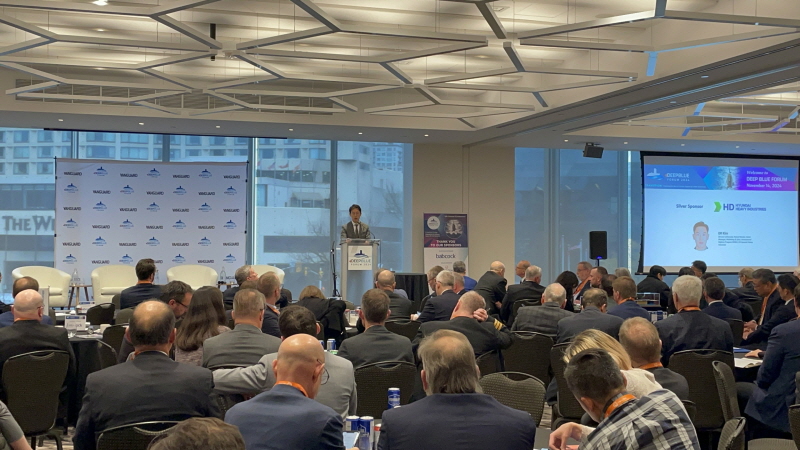U.S. President-elect Donald Trump has completed the selection of his diplomatic and security team. As of the 14th (local time), Representative Mike Waltz was nominated as National Security Advisor, Senator Marco Rubio as Secretary of State, Fox News host Pete Hegseth as Secretary of Defense, and former Representative Tulsi Gabbard as Director of National Intelligence. Most of them are people who are considered to act as ‘yes men’. Although the economic cabinet has not yet been announced, it can be expected that ‘America First’ will be further strengthened in diplomacy in the Trump era. Immediately, the presidential transition team announced a plan to abolish electric vehicle subsidies under the Inflation Reduction Act (IRA). If this becomes a reality, the profitability of Korean electric vehicle and battery companies that have invested in the United States on a large scale will inevitably fall further. The Korean stock market reacted sensitively, with secondary battery-related stock prices plummeting on the 15th. Even before the inauguration, the ‘Trump risk’ has been rampant.
The biggest concern of the international community, including Korea, is how the Trump administration will establish relations with China and what policies it will implement. Looking at the personnel of the foreign affairs and security team, it can be expected that they will take a very hard stance against China. First of all, a more intense trade dispute between the US and China is expected than in the first period. However, it is unclear whether this will lead to a new Cold War confrontation throughout his term as he appears to be strongly confrontational with China in the field of military and security. What is clear is that Trump’s personal tendencies will determine many things. It is reasonable to believe that the United States will seek to maximize its economic interests by sometimes applying coercion to its allies and negotiating with enemy countries.
The Korean government’s perception appears to be somewhat complacent. Foreign Minister Cho Tae-yeol expressed optimism, saying there would be no major changes in the ROK-US alliance. He also said that Trump’s policy direction, which emphasizes expanding the role of friendly countries, is in line with the Yoon Seok-yeol administration’s vision of a global pivotal nation. However, the foreign policy stance established by the Yoon Seok-yeol government on the foundation of strengthening the Korea-US alliance during the Biden administration is bound to face challenges in one way or another. Korea will also be asked to make sacrifices during the US-China trade dispute. Trump may stop supporting Ukraine and improve relations with Russia while demanding that South Korea provide weapons support. Negotiations with North Korea that exclude South Korea and threats to withdraw US troops from Korea are also expected.
The Yoon Seok-yeol government has pursued a more ideological foreign policy than any other government since democratization. It actively accepted the Biden administration’s ‘liberal democracy vs. authoritarianism’ camp structure and went all the way to the ROK-US alliance and Korea-US-Japan cooperation, resulting in severe inter-Korean confrontation, the heightening of North Korea’s nuclear capabilities, and the worst relations with China and Russia. caused. All of this is not the fault of the Yoon Seok-yeol government alone, but it was irresponsible in that it only trusted the United States and ran in one direction without any clear measures. Now is the time to change our diplomatic stance. While maintaining the Korea-US alliance and cooperating with Japan, we must improve Korea-China relations, which are at their lowest point, and prevent Korea-Russia relations from sinking to their worst point. We must also engage in dialogue with North Korea to prevent an escalation of war due to accidental clashes and misunderstandings. Coincidentally, China appointed a new ambassador to Korea, and the Korea-China summit was held in Peru for the first time in two years. China may have its own intentions, but even with that in mind, it is significant that the highest levels of Korea and China engage in frank strategic communication.
U.S. President-elect Donald Trump is patting Republican Senator Marco Rubio (Florida) on the shoulder during an election campaign in Miami on November 6, 2022. Trump recently nominated Rubio to be Secretary of State. AP Yonhap News
![[사설] ‘Trump storm’ already brewing, Korean diplomatic stance needs to change [사설] ‘Trump storm’ already brewing, Korean diplomatic stance needs to change](https://img.khan.co.kr/news/2024/11/15/rcv.YNA.20241115.PAP20241115166401009_P1.jpg)

